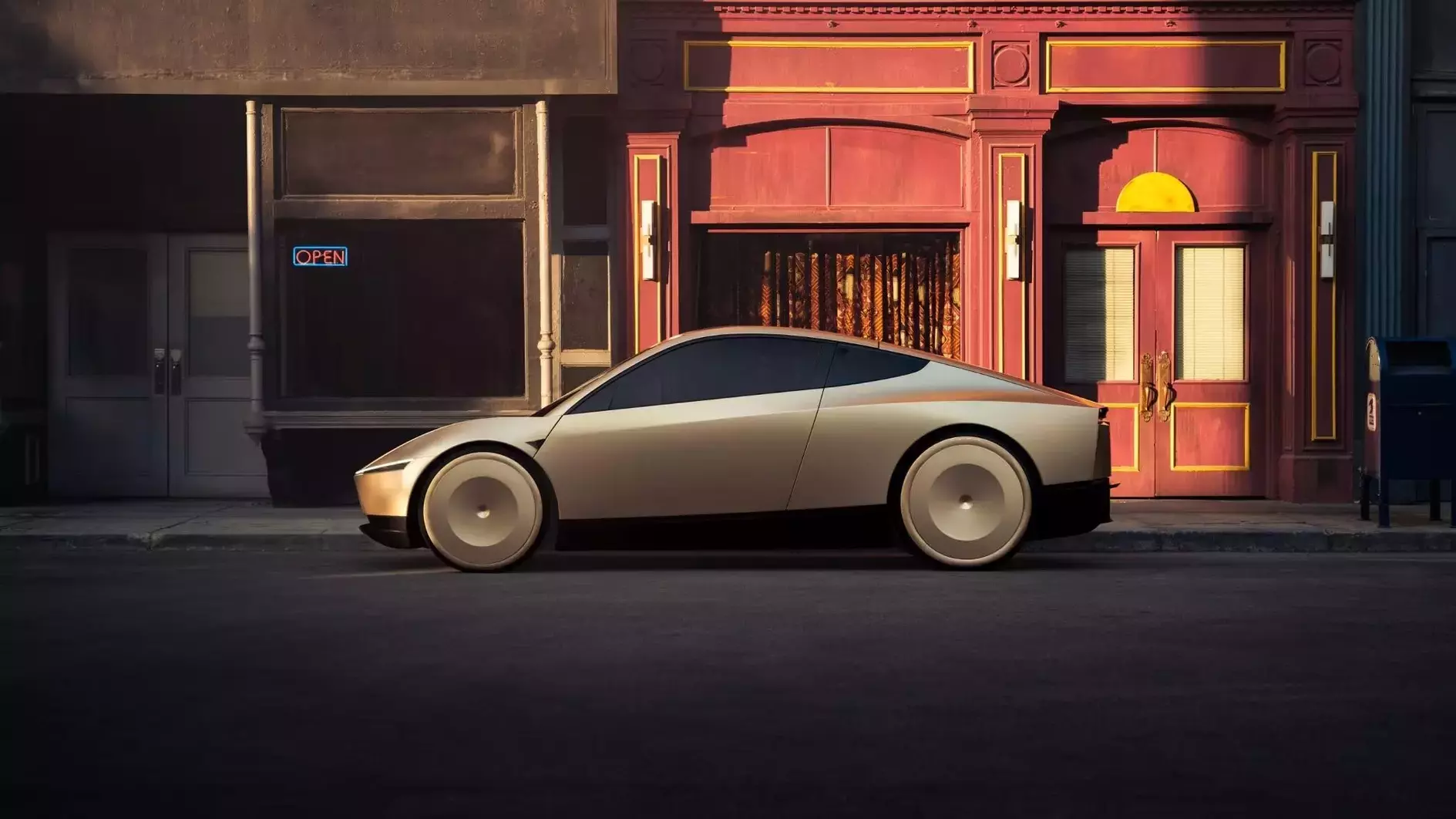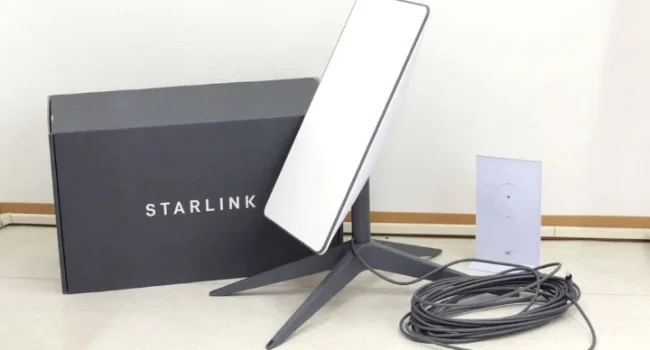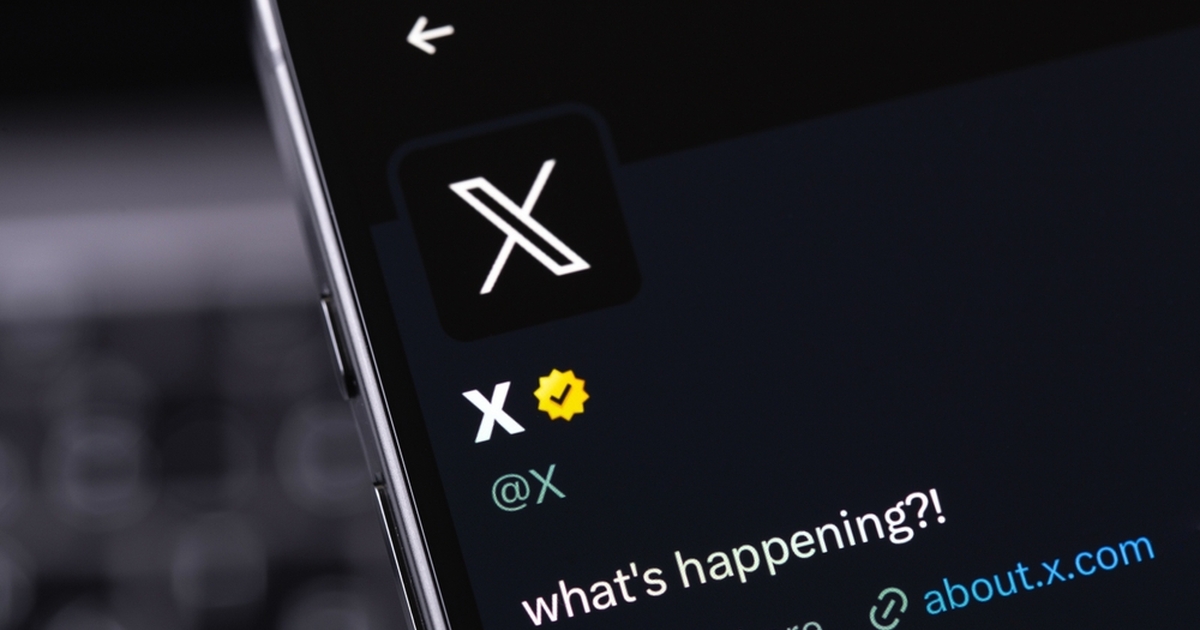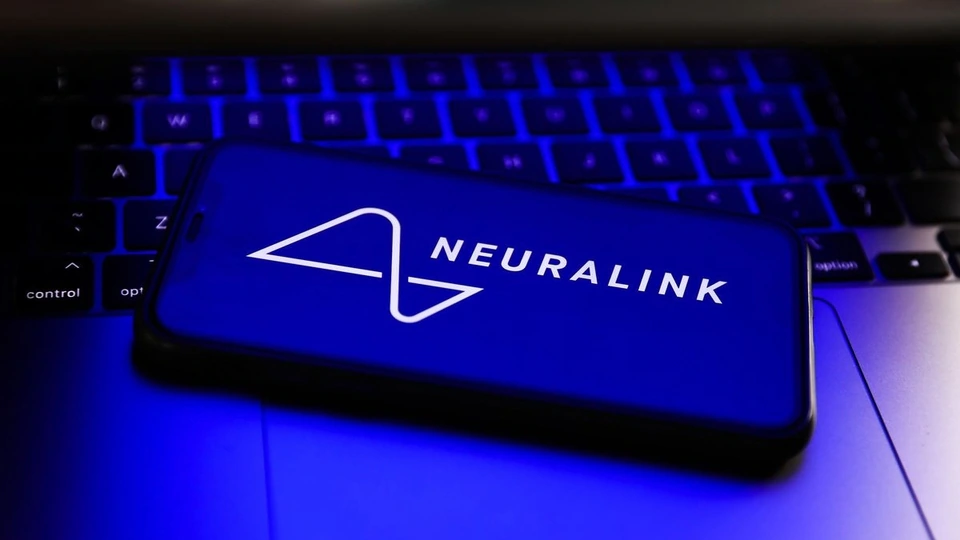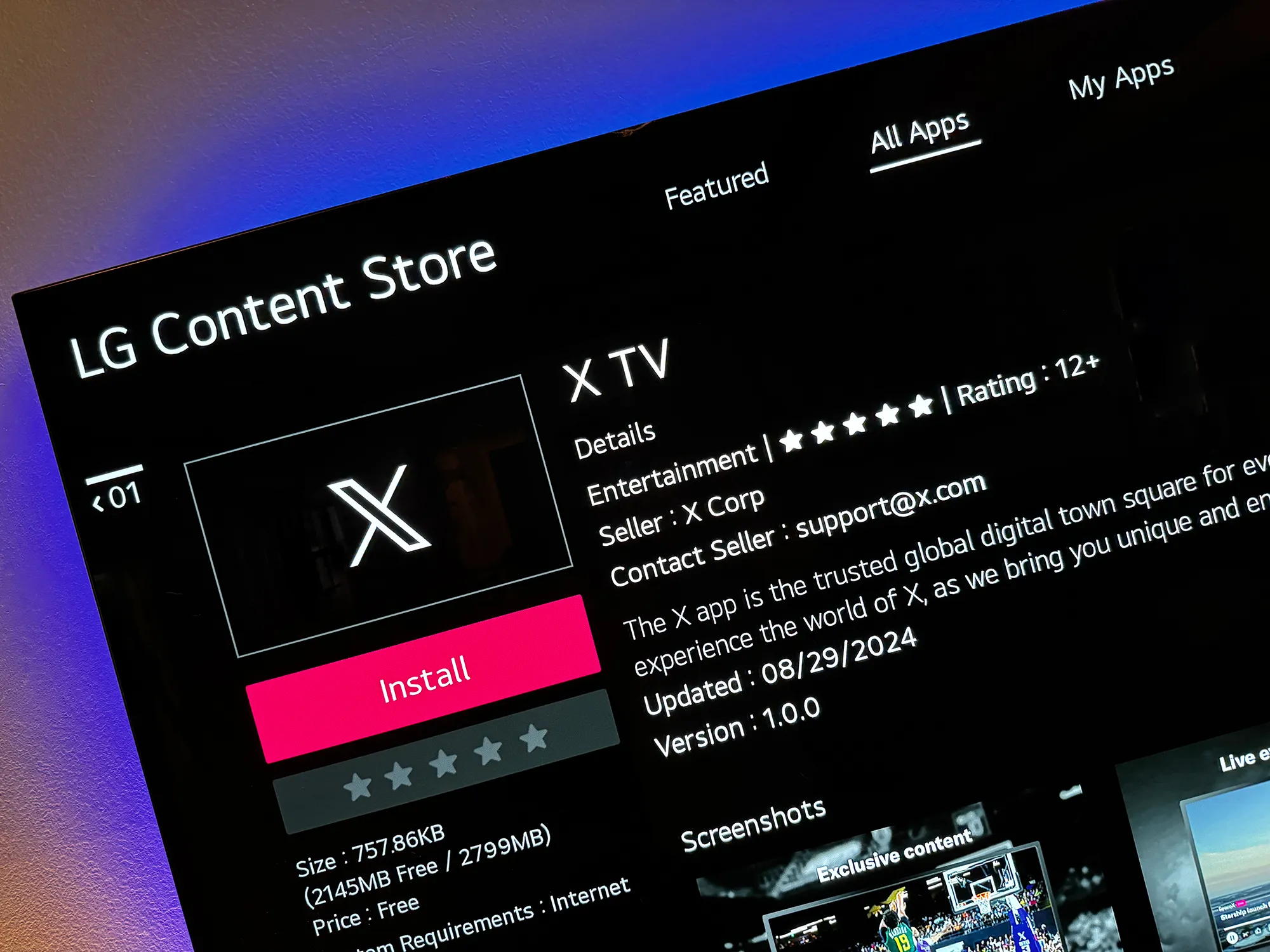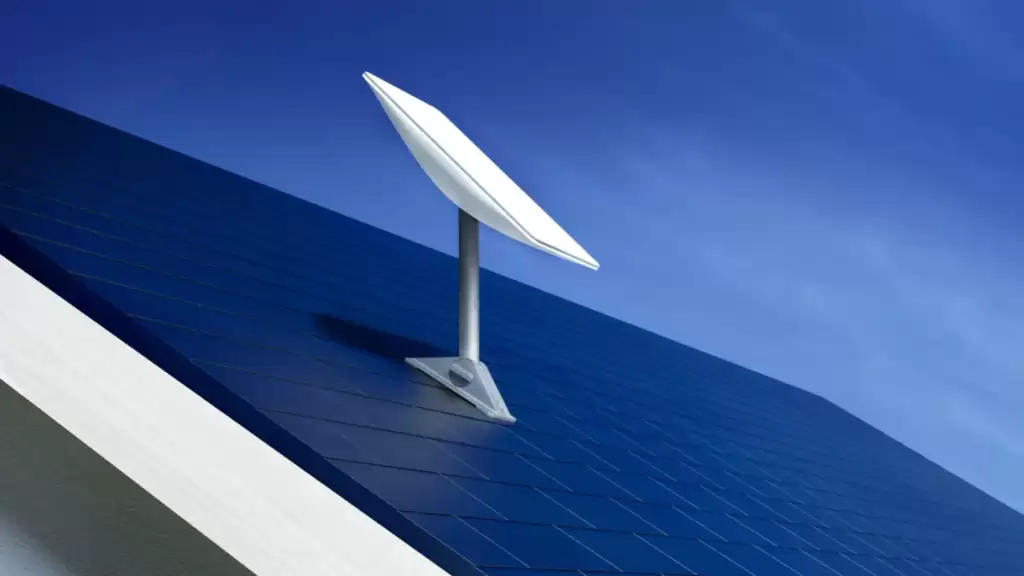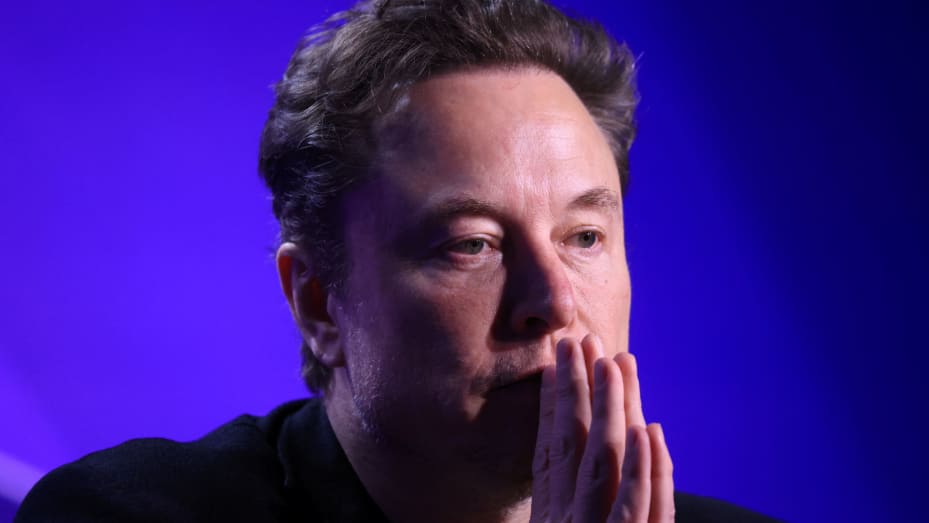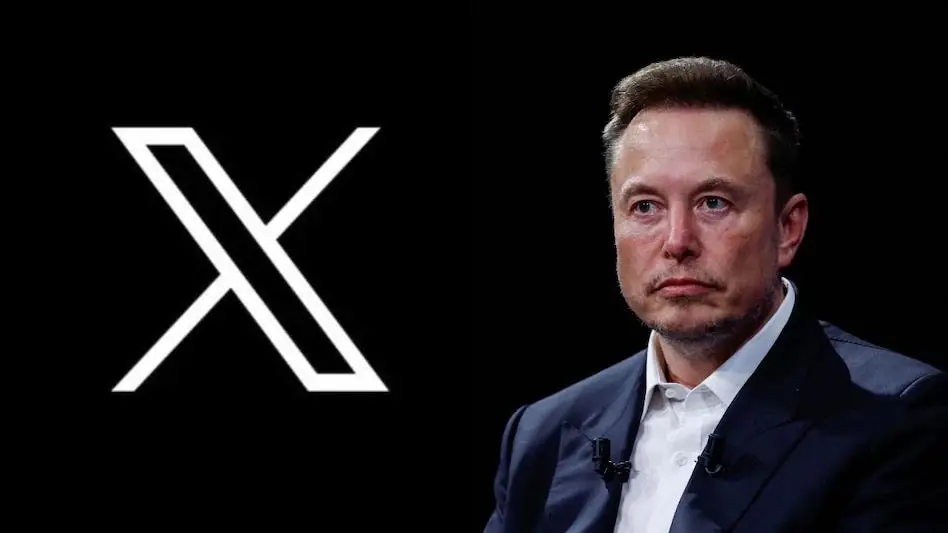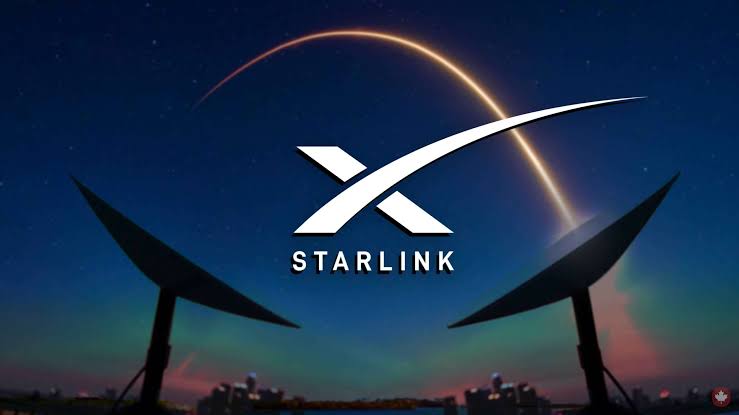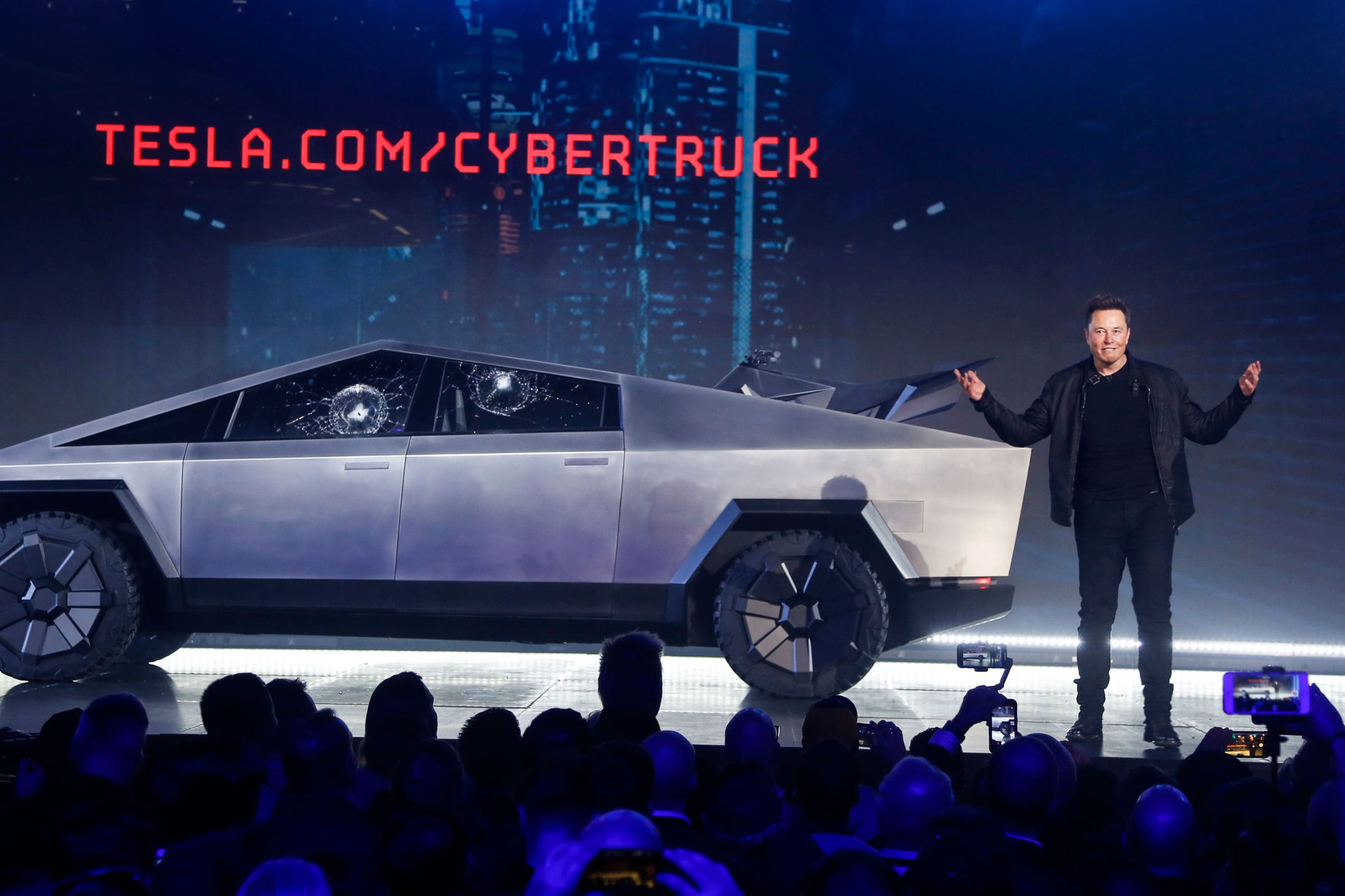Tesla CEO Elon Musk on Thursday unveiled a self-driving robotaxi that had two gull-wing doors and no pedals or steering wheel at an event titled “We, Robot.”
The event was held in the Warner Bros studio in California on Thursday night where the tech mogul showcased his latest inventions, a driverless cybercab and humanoid robots.
“The autonomous future is here,” Musk said on Thursday. “We have 50 fully autonomous cars here tonight. You’ll see model Ys and the Cybercab. All driverless.”
20 two-door cybercabs drove the event attendees round the studio while the humanoid robots waited on guests, serving cocktails and also playing games like rock-paper-scissors with them.
Read also: Elon Musk’s Neuralink’s ‘Blindsight’ device gets nod to restore eyesight
Elon Musk’s robot automobiles rely on AI and cameras
Musk showed up to the event driving a “Cybercab,” which is anticipated to go into production in 2025 and cost less than $30,000 (about N50 million). He added that there would be a 20 percent per mile operating cost and that the charging would be inductive, meaning no plugs were needed.
Musk thinks that the difference between these cars and their robotaxi competitors is that the automobiles rely on artificial intelligence and cameras instead of additional hardware.
“To cut expenses, Tesla’s Full Self-Driving (FSD) technology only uses cameras and artificial intelligence (AI), unlike other robotaxi businesses,” Musk stated.
He noted that a completely autonomous unsupervised FSD is anticipated to begin in Texas and California with the Model 3 and Model Y early in the upcoming year. However, he did not elaborate on whether the robotaxis would rely on FSD or new technologies.
He highlighted that, with 50 completely driverless automobiles on display at the event, the autonomous future had come. Musk also unveiled the Robovan, a larger self-driving automobile that can accommodate up to 20 people.
Musk wants to run a fleet of Tesla taxis that can drive themselves and that customers can hail via an app. By designating their cars as robotaxis on the app, individual Tesla owners will also be able to profit.
Read also: Tesla shareholders approve Musk’s $56 billion pay
Optimus humanoid robot to serve humans
The tech mogul also unveiled Tesla’s Optimus humanoid robot, which he claims can now “do anything.”
“Optimus is going to walk among you,” Musk declared. “They will serve drinks, and you can approach them directly,” he continued.
The possibilities of the Optimus, according to Musk, are endless. He claimed the robots can do almost any task which include mowing the yard, offering beverages, strolling a dog.
According to his estimations, the final cost will fall between $20,000 and $30,000. “This will be the most significant product ever created,” the billionaire said.
Investors, stock experts, and Tesla enthusiasts were present. Some investors, however, were dissatisfied since they had anticipated specific information on the manufacturing ramp-up, regulatory permission, and a solid business plan.
There have been concerns about Musk’s overly optimistic time estimates, particularly in light of previous broken promises.
“We expect to be in production with the ‘Cybercab’ … in probably — well, I tend to be a little optimistic with time frames — but in 2026. Before 2027, let me put it that way,” the X owner said.
